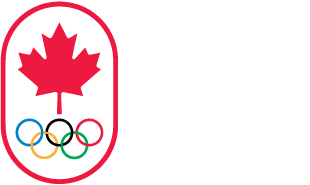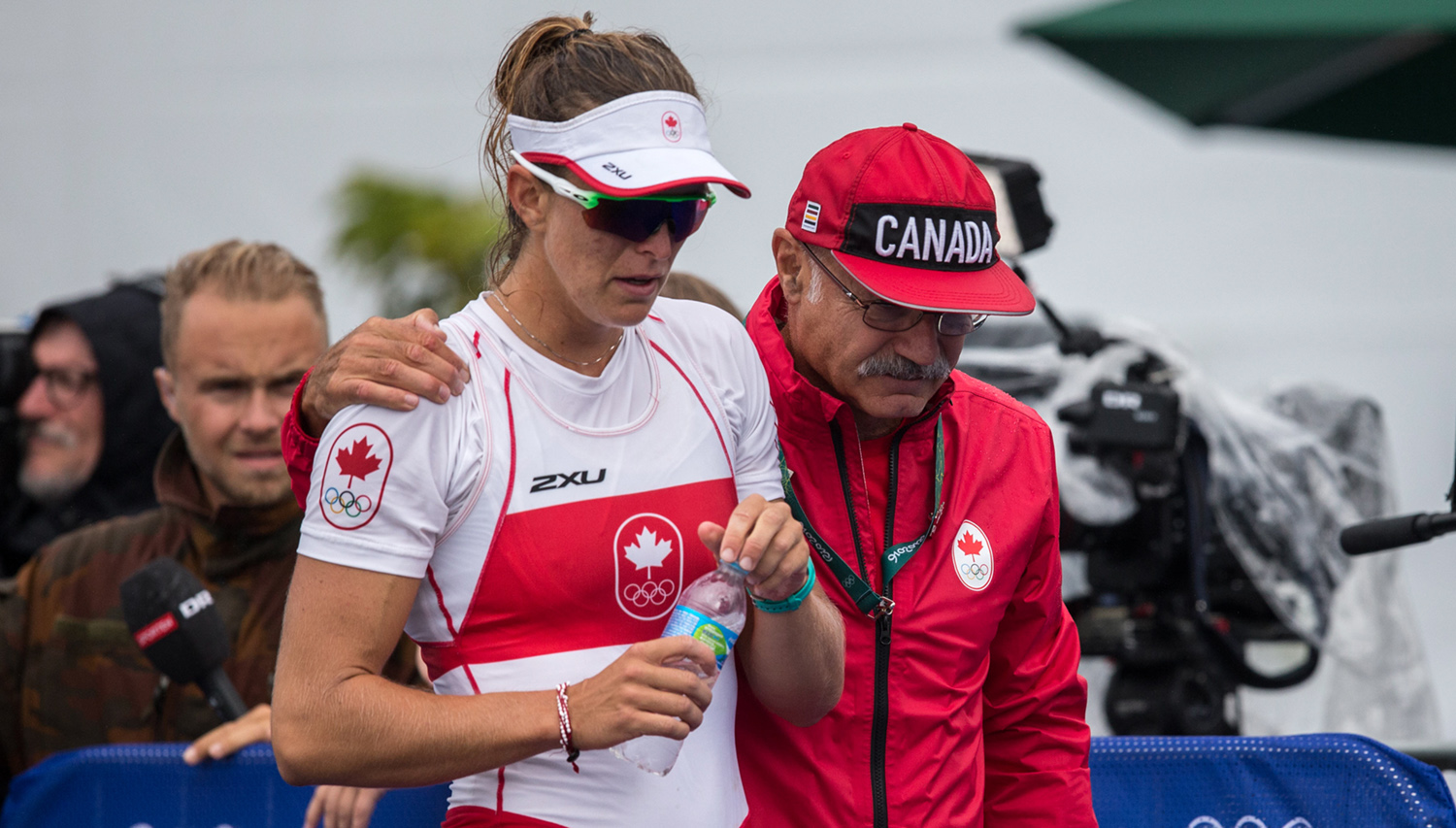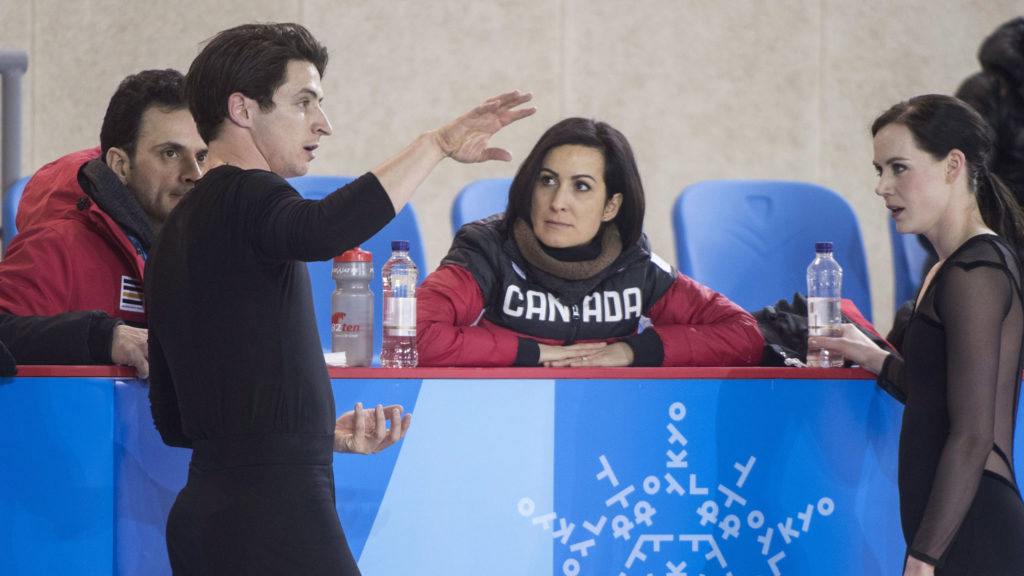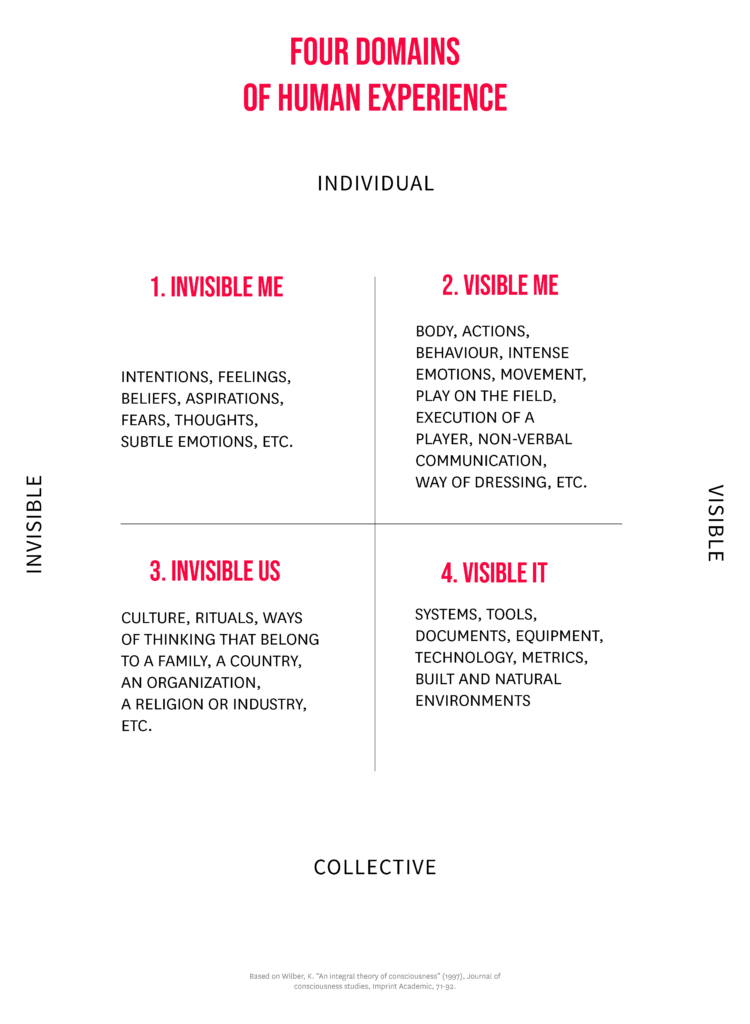DIFFERENCE MAKERS PART 2: TRUSTING MORE THAN DATA
This is the second instalment in an ongoing series based on your identified Olympic-performance Difference Makers: Games Specific Planning, Team Dynamics and Individual Resiliency.
***
It’s not easy to trust what we can’t see.
As high performers, we naturally trust the data. And with our advances in sport science, the data is good, perhaps even great. We scrutinize, analyze and adjust our work accordingly so we can repeat, improve and believe in this Olympic process together. But, how do we believe in the things we can’t see or measure?
Feelings, beliefs, fears and thoughts, for example, are personal and different for everyone, but no less important to the success of the team. So, how do we learn to trust these ‘invisible’ factors?
Well, we have to practice. Every day.
That’s the direction from leadership development expert, Olympian and canoe sprint world medallist Maxime Boilard.
“If your people can’t tell it to you like it is for them in their heart, mind and body, then you lose some of your ability to serve the team,” says Boilard. “Each of us has inner experiences that are not visible to people around us … and this plays a huge part in the outcome of our performances.”
“You have to earn the right to ask about it by developing a trusting relationship. For team members to open up, they must feel you care about them beyond results.”
Indeed, communication is critical at this level – especially during this part of the Olympic journey. But, without a mutual way to trust these ‘invisibles’, even our best intentions around communication and improving team dynamics can be challenging.
“Communication means understanding each other,” continues Boilard. “But, a deep mutual understanding is about making sense of our lives together. We need to ask: What are we truly trying to achieve? And more importantly: What does that say about us?”
He emphasizes that leaders need to tap into the subjective, invisible components to meet teammates/athletes where they are at.
“People show courage and solidarity with their hearts,” he says. “Because it’s in them, not because of data.”
It’s through this lens of communication we can turn to our identified Olympic performance Difference Maker: Team Dynamics, and roll up our sleeves to take action based on these tips from Boilard.
SIX WAYS TO EARN TRUST IN THE HEART OF YOUR TEAM
- 1. KNOW YOURSELF AND YOUR DRIVE
Ask yourself difficult questions around your commitment toward each individual and where you are willing to go to build your team for optimal performance.
In what way is your commitment conditional to:
… Team members thinking like you, agreeing with you and/or not challenging your decisions? Any of these conditions would likely prevent people from speaking up, leaving you without the best information.
… Team members liking you? This would prevent you from moving into difficult conversations.
… You being the person in control? This suggests an unwillingness to admit you don’t know something and ask for help. It may also prevent you from showing your own vulnerability.
… Team members showing progress? This would mean when the journey toward progress becomes difficult, your relationships may suffer along with your ability to support development.
- 2. ARTICULATE THE “INVISIBILES”
In the leadership development field more than 12 years, Boilard believes that leaders have the teams they deserve over time. And when change is needed, leaders make it happen by showing their vulnerability to increase trust. So, take the time to define what that means for you:
… What would it feel like for you to commit to meeting your team members and engaging with them where they are at every day?
… What do you want from team members around you?
… What role do you play in keeping them where they are at? Ask them, they know better than you!
- 3. MIX UP THE ROUTINE
… Ask other people on the team to facilitate meetings.
… Review daily rituals with team and learn where you can ask questions. Then be quiet, so you can hear the answer. Silence can sometimes be your best friend!
- 4. PREPARE LIKE ATHLETESAthletes have a warm-up routine before they perform. Each drill has a specific intention. Before meeting with your team, sit down and clarify your intention regarding your personal contribution for the meeting. Visualize how this should translate itself in terms of your presence and behaviour.
… Meditation is a great tool. Take advantage of this app and note George Mumford’s course – inspired and developed in practice with athletes.
- 5. IDENTIFY AN ALLYIf you are not willing to tell the entire team right away, identify an ally to whom you can speak and gather feedback.
- 6. ENGAGE WITH YOUR PEERS AND NETWORKYour peers from other sports can relate to your challenges and help find solutions for more efficient and productive communication. Through the Olympic Co-op you can contribute to and learn from a collaborative discussion on the best ways to help the people around you feel heard, psychologically safe and able to speak up. Take advantage and sign up, as this month’s theme targets communication specifically.
By getting to know yourself and your patterns, you can start looking for even more ways to better tap into these critical factors of team performance. Here’s an overview of what we can see vs. what we can’t to better help you address your team dynamics.
“Teams are the reflection of their leaders,” says Boilard. “You must know yourself better to serve your team and improve performance.”




Got something to say?